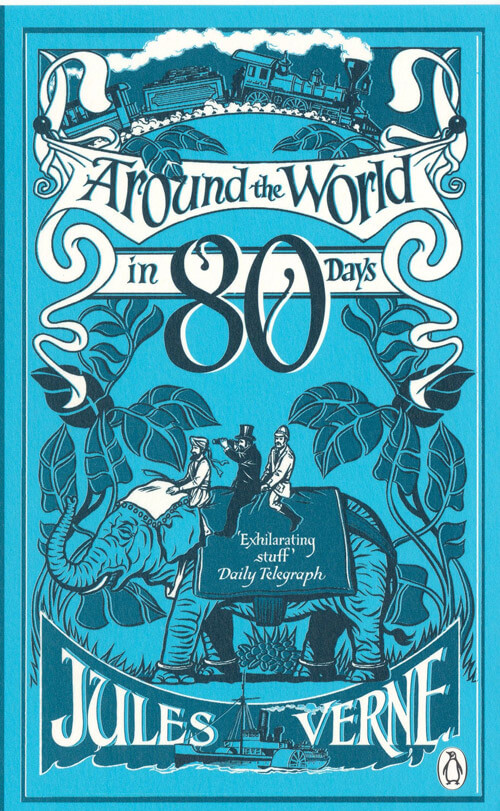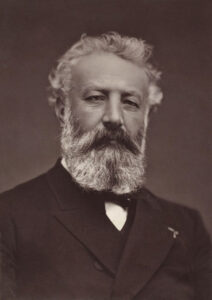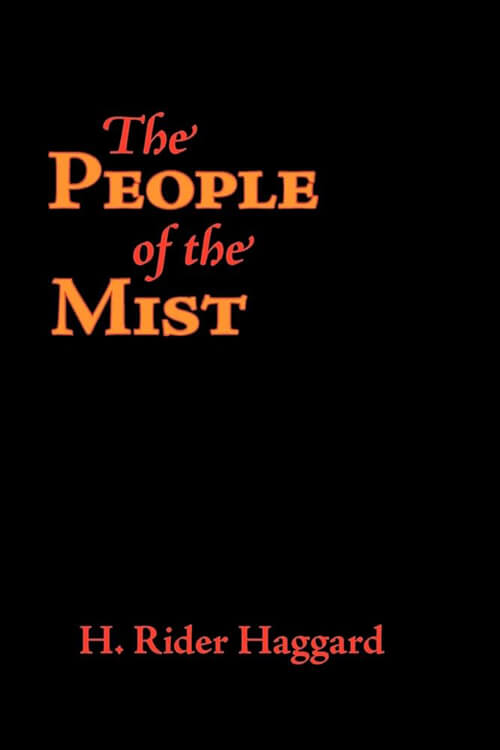
Around the World in 80 Days
Phileas Fogg is a wealthy English gentleman living a solitary life in London. Despite his wealth, Fogg lives modestly and carries out his habits with mathematical precision. He is a member of the Reform Club, where he spends the best part of his days. Having dismissed his valet for bringing him shaving water at a temperature slightly lower than expected, Fogg hires Frenchman Jean Passepartout as a replacement.
On the evening of 2 October 1872, while at the Club, Fogg gets involved in an argument over an article in The Daily Telegraph stating that with the opening of a new railway section in India, it is now possible to travel around the world in 80 days. He accepts a wager for £20,000, half of his fortune, from his fellow club members to complete such a journey within this period. With Passepartout accompanying him, Fogg departs from London by train at 8:45 p.m.; to win the wager, he must return to the club by this same time on 21 December, 80 days later. They take Fogg’s remaining £20,000 to cover expenses during the journey.
Read or download Book
Jules Verne
Jules Gabriel Verne, 8 February 1828 – 24 March 1905, was a French novelist, poet, and playwright.
Biography
His collaboration with the publisher Pierre-Jules Hetzel led to the creation of the Voyages Extraordinaires, a series of bestselling adventure novels including Journey to the Center of the Earth (1864), Twenty Thousand Leagues Under the Seas (1870), and Around the World in Eighty Days (1872). His novels, always well documented, are generally set in the second half of the 19th century, considering the technological advances of the time. In addition to his novels, he wrote numerous plays, short stories, autobiographical accounts, poetry, songs, and scientific, artistic, and literary studies.
His work has been adapted for film and television since the beginning of cinema and for comic books, theatre, opera, music, and video games. Verne is considered an essential author in France and most of Europe, where he has greatly influenced the literary avant-garde and surrealism. His reputation was markedly different in the Anglosphere, where he had often been labelled a writer of genre fiction or children’s books, mainly because of the highly abridged and altered translations in which his novels usually were printed. Since the 1980s, his literary reputation has improved.






